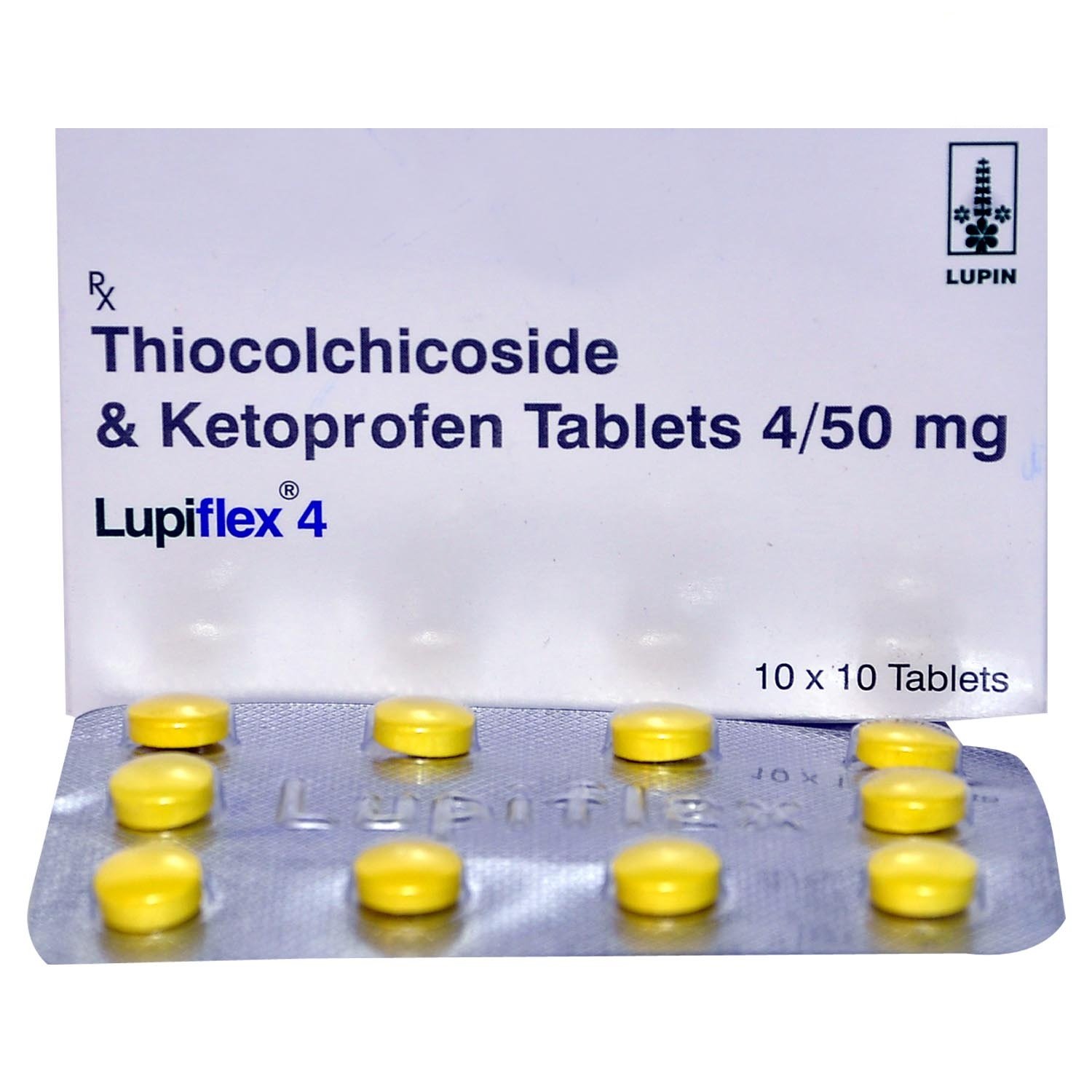clopitab
Introduction to Clopitab
Clopitab is a widely used medication primarily prescribed for preventing blood clots. It is an antiplatelet drug that plays a crucial role in reducing the risk of heart attacks and strokes, particularly in individuals with cardiovascular conditions. By inhibiting platelet aggregation, Clopitab helps maintain smooth blood flow throughout the body. It is available in various forms, including tablets, making it convenient for oral administration. Clopitab is trusted by healthcare professionals for its efficacy and is often a part of long-term treatment plans for patients at risk of thrombotic events.
Composition of Clopitab
The active ingredient in Clopitab is Clopidogrel, provided in a dosage of 75mg per tablet. Clopidogrel is a prodrug, meaning it requires metabolic activation to become effective. Once activated, it selectively inhibits the binding of adenosine diphosphate (ADP) to its platelet receptor, thereby inhibiting platelet aggregation. This mechanism is crucial in preventing clot formation in blood vessels, reducing the risk of heart attacks and strokes. Clopidogrel is a potent antiplatelet agent widely used in the management of cardiovascular diseases.
Uses for Clopitab
- Prevention of blood clots in patients with recent heart attacks or strokes.
- Reduction of the risk of heart attacks in patients with acute coronary syndrome.
- Prevention of clot formation in patients with peripheral arterial disease.
- Used in combination with aspirin for enhanced antiplatelet effect in certain conditions.
Side Effects of Clopitab
- Bleeding, including nosebleeds and prolonged bleeding from cuts.
- Stomach pain or discomfort.
- Diarrhea or gastrointestinal disturbances.
- Bruising more easily than usual.
- Allergic reactions, though rare, such as rash or itching.
Precautions of Clopitab
Before starting Clopitab, it is essential to inform your healthcare provider about any existing medical conditions, especially bleeding disorders, liver or kidney disease, or any allergies. Clopitab should be used with caution in patients at risk of bleeding, and regular monitoring may be required. It is crucial to inform your doctor about any other medications or supplements you are taking, as Clopitab can interact with certain drugs. Pregnant or breastfeeding women should only use Clopitab if clearly needed and prescribed by a healthcare professional.
Conclusion
Clopitab, with its active ingredient Clopidogrel, is a vital medication in the prevention of blood clots and the management of cardiovascular diseases. Its effectiveness in reducing the risk of heart attacks and strokes makes it a critical component of treatment plans for at-risk patients. While generally well-tolerated, it is essential to be aware of potential side effects and take necessary precautions. Always consult with a healthcare provider for personalized medical advice and to ensure Clopitab is the right choice for your health needs.

Similar Medicines
More medicines by Lupin Ltd
Available in 2 variations

strip of 15 tablets

strip of 10 tablets














.svg)
